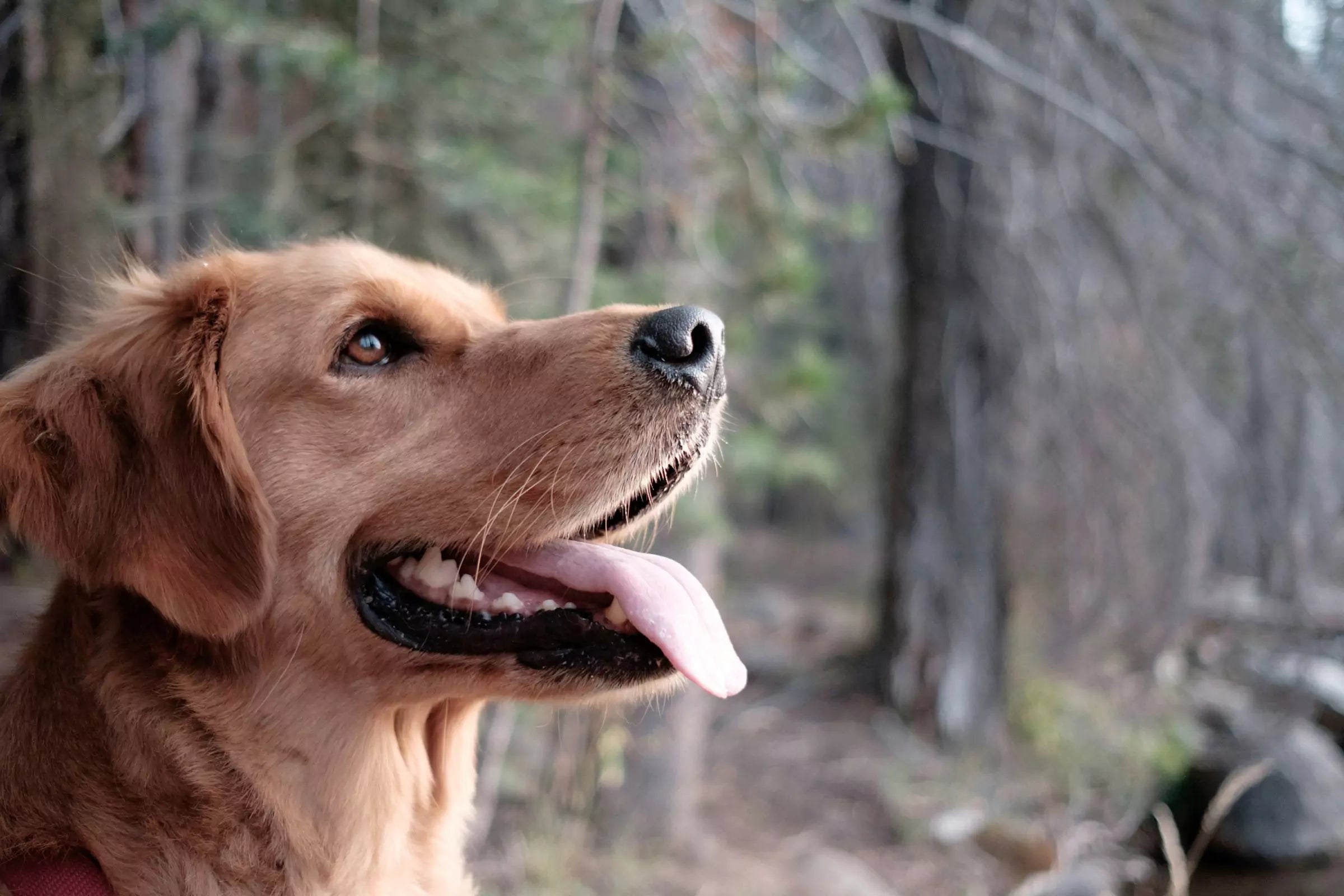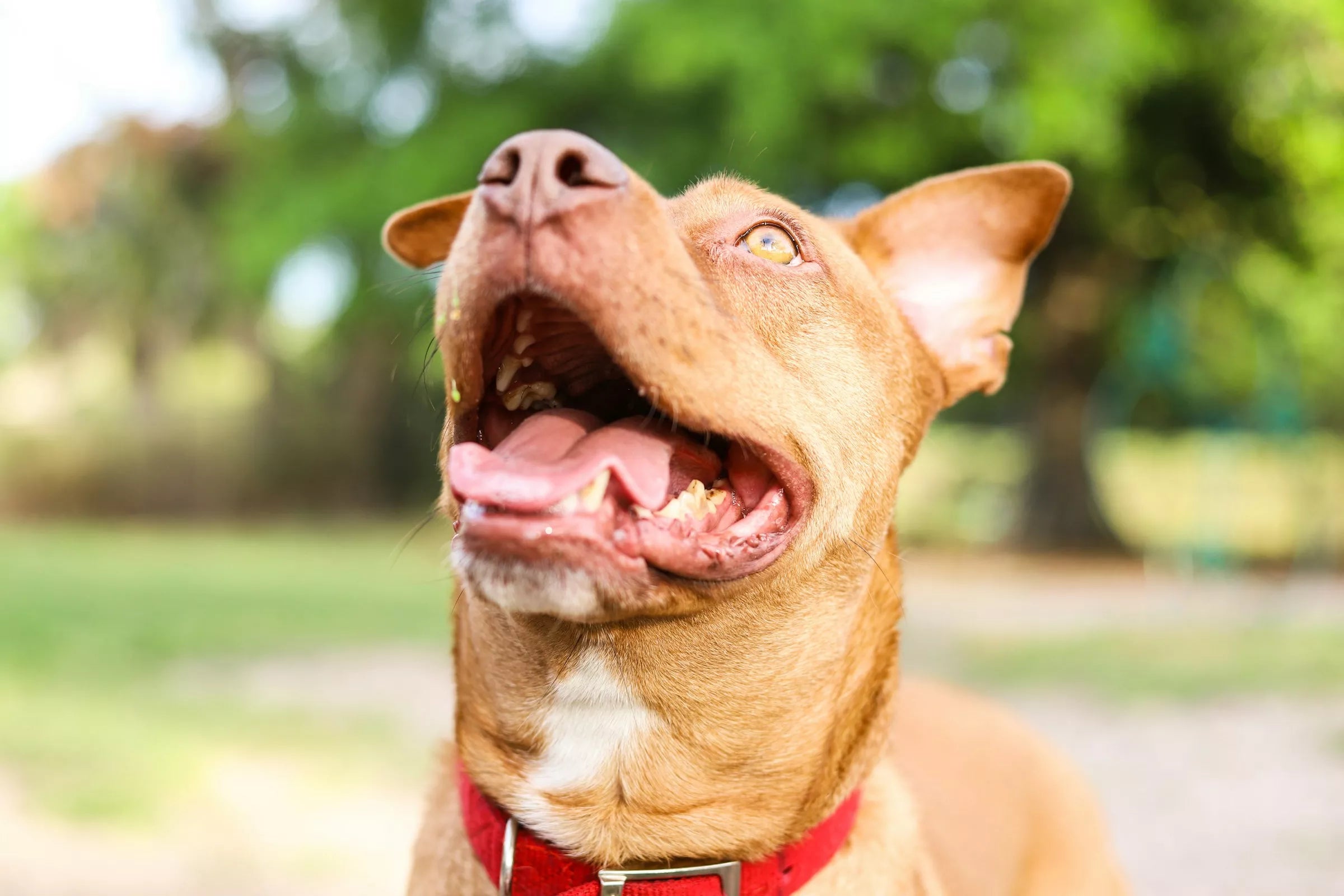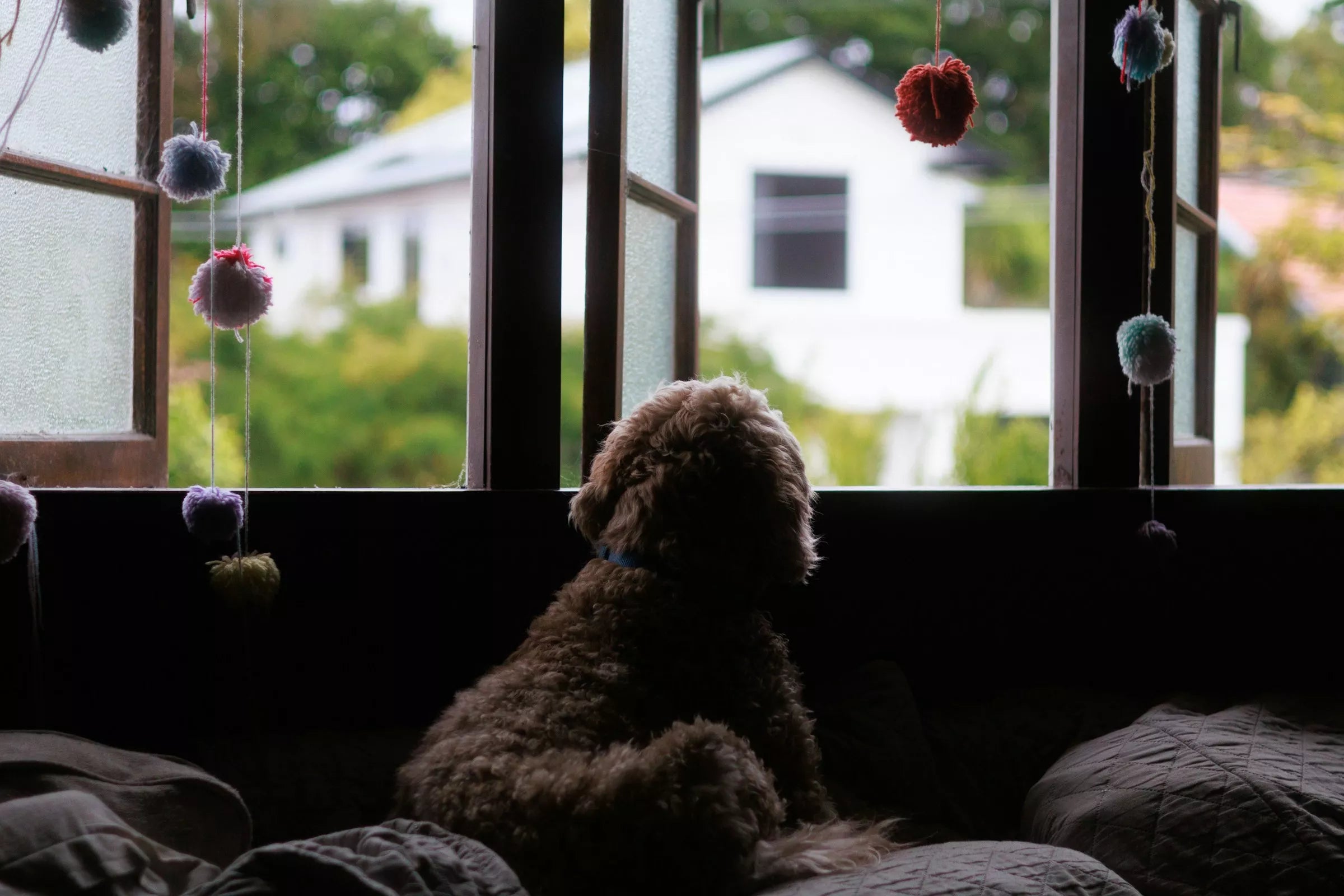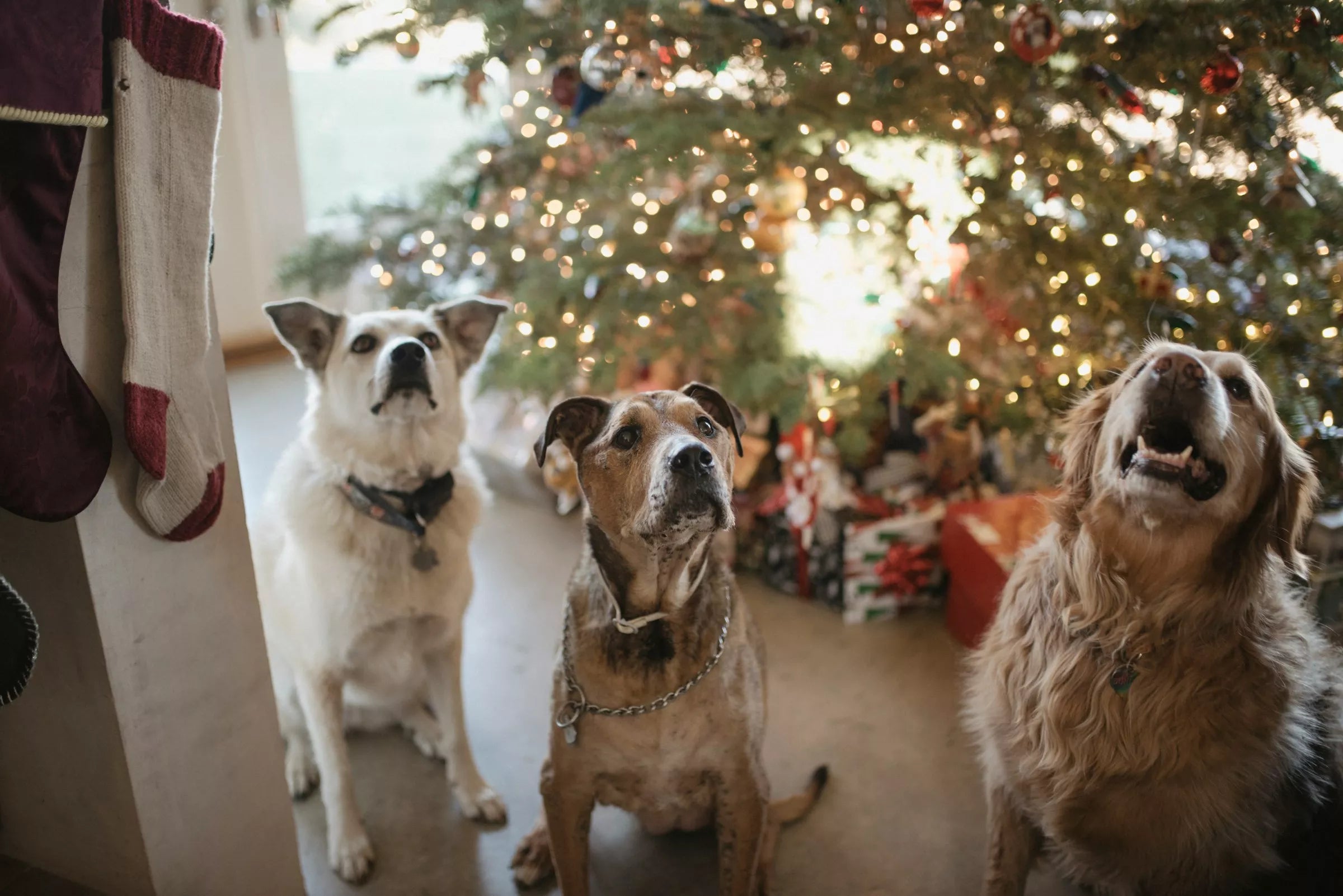Jump to Section
Can You Train An Adult Dog?

Yes — and it’s more common than you think. Many adult dogs enter training after adoption or lifestyle changes. The idea that “you can’t teach an old dog new tricks” just doesn’t hold up. Dogs are natural learners, no matter their age.
Why Adult Dogs Can Still Learn
Dogs learn through association — it’s about consistency, timing, and motivation. Adult dogs may have more life experience, but that can actually work in your favour. They’re usually less distracted, more focused, and more bonded to their humans.
There’s also real science behind this. Studies in canine cognition show that older dogs still respond well to reward-based learning, and while they might need slightly more repetition, they’re no less capable.
Benefits Of Training An Older Dog

-
Improved communication: Clear cues reduce frustration for both of you.
-
Greater independence: Helps your dog feel more confident in daily life.
-
Mental enrichment: Keeps the brain sharp, especially in senior years.
-
Strengthened bond: Training time = quality time.
-
More enjoyable routines: From leash manners to calm greetings, training smooths out daily life.
Best Practices For Adult Dog Training
-
Keep it positive: Use treats, praise, and toys — never punishment.
-
Be consistent: Repetition builds reliability. Use the same words and gestures.
-
Break it down: Teach one behaviour at a time to keep things clear.
-
Short sessions: 5–10 minutes a day is enough to make real progress.
-
Be patient with “unlearning”: Adult dogs might need to overwrite old habits — that takes time.
✨ Tip: Use high-value rewards (like small bits of boiled chicken or a favourite toy) to keep motivation high.
Example Training Plan For Adult Dogs

Here’s a simple, week-by-week approach to help your adult dog build confidence and learn foundational skills:
Week 1: Build Trust & Focus
-
Hand-feed meals to create connection
-
Practice name recognition
-
Introduce eye contact (“watch me”)
Week 2: Start With Basics
-
Teach “sit” and “down” using treats and luring
-
Reward calm behavior throughout the day
-
Begin leash walking in low-distraction areas
Week 3: Add Real-Life Cues
-
Practice “stay” with increasing duration
-
Introduce “leave it” indoors
-
Start recall (“come”) in a fenced or quiet space
Week 4: Reinforce & Generalise
-
Practice all commands in new environments
-
Add light distractions
-
Begin phasing out food rewards (replace with praise or play)
🔁 Repeat, adjust, and keep it fun. Not every dog progresses at the same pace — follow their lead.
When To Seek Help From A Professional Trainer
If you’re seeing signs of fear, reactivity, or overwhelming behaviour patterns, consider working with a certified force-free trainer. They can tailor a plan to your dog’s needs and give you peace of mind.
FAQ: Training Adult Dogs
Is it harder to train an adult dog than a puppy?
Not really — adult dogs are often calmer and more attentive.
How long does it take to train an adult dog?
It depends on the dog and the behaviour. Expect steady progress over weeks or months.
Can I fix behaviour problems in older dogs?
Yes. With consistency and the right approach, even long-standing habits can change.
What’s the best method for training an older dog?
Positive reinforcement is the most effective and humane approach for dogs of any age.
Do adult dogs get bored with training?
Not if it’s rewarding and short. Make it a game, not a chore.
Is my rescue dog too traumatised to train?
Rescue dogs often thrive with structure and compassion — just go at their pace.
Should I avoid training a senior dog?
Not at all. Just adjust to their physical comfort. Mental exercise is great at every age.
What tools do I need?
Just treats, a leash, and patience. Skip aversive tools — they do more harm than good.
Can I train a dog with no previous training?
Absolutely. It might take more time, but starting fresh is often simpler than unlearning poor habits.
How do I stay consistent?
Set a daily routine, use the same cues, and keep sessions brief and upbeat.















Share:
Where Is a Dog's Heart Located?
How Long Should My Dog Be Sleeping?